The Need for Traceability
The thirst for canned drinks is stronger than ever among both brands and consumers - the global market for canned beverage reached 245 billion units in 2015, representing 23% of packaged beverage. This figure is forecasted to reach 278 billion units by 2020, equating to a 2.4% increase since 2015. This sustained growth will be a key factor behind manufacturers' choice of beverage processing equipment, which also includes coding and marking systems. Traceability and item identification are vital in canned products.
The ability to identify the origin of a canned beverage is a key requirement, every canned item must be marked with a unique identifier which can be read by humans or machines that is recorded throughout each stage of the process. These codes play an important part in identifying, recalling or withdrawing faulty products.
Consequently, an effective coding solution is a priority for beverage manufacturers. But system selection is not an easy task and complicated by many factors, including production environment, speed, consumable choice, overall equipment efficiency and environmental considerations.
Challenges Impacting Traceability in the Beverage Caning Environment
Production Speeds
To satisfy customer demand, companies have to deliver a high volume of canned units on a daily basis, which means that speeds on canning lines are high and prone to changes (high output during summer months, lower productivity off season). Continuous advances in technology mean production line speeds are rapidly increasing, resulting in higher numbers of cans being processed. For example, a typical soft drink canning line is capable of running up to 2,000 cans per minute, all of which require codes. The coding system must be able to keep pace with these high production rates.
Harsh Production Environments
It is important that the quality of the coding is of a high standard, despite the harsh production environments in the beverage canning industry. The production environment can be wet and sugar-laden, with temperatures capable of reaching 45⁰C on the production line, ultimately affecting coding quality. Which is why the best suited coding and marking systems should be able to withstand such a demanding environment and deliver the high-quality codes that businesses expect from their equipment supplier.
Smooth Integration
For a coding system to be effective, it needs to easily integrate on the canning line. This requires optimal print head design and a small machine footprint enabling installation in a location that will not cause bottlenecks or downtime along the production line.
Coding considerations
Coding Surface
The majority of codes are printed on the bottom of cans, where the surface is concave and therefore uneven. This challenge is aggravated by the speed of the production line. A code that appears stretched or smudged is often linked to the speed of the production line however, it can also be the result of the coding system's unsuitability to the packaging surface.
Environmental Awareness
A growing number of companies are committed to their social responsibility and prefer to invest in technologies that advance their environmental credentials. Coding and marking technologies can be energy-intensive, as well as consuming volatile organic chemicals. A coding system that minimises energy consumption and waste will therefore be the preferred choice.
Late Stage Customisation
Developments in the supply and distribution of beverage cans are stimulating a growing need to promptly modify codes on the production line. Late stage customisation enhances marketing capabilities and also allows manufacturers to be more flexible with decision-making on site. With this in mind, manufacturers could potentially change the 'best before' dates and production data or add in promotional codes that encourage interactions with customers, as well as raising brand loyalty and running sales campaigns.
A suitable coding technology for beverage canning environments should enhance processes and increase supply chain efficiency. The coding technology should be equipped with features to meet these requirements not only for today, but also for future requirements.
Domino F720i Fibre Laser
Domino's latest technology release, the F720i Fibre Laser is designed to deliver clear and durable codes on aluminium cans with ease. The F720i is particularly suited to withstand the harsh production environments and high speed coding demands of the beverage canning sector with ease.
High-speed Coding: Canning Speeds Taken To New Limits
- Unique 3D power concentration - short, intense pulses achieve increased marking speeds and superior code quality
- 90,000 cans per hour - each coded with over 20 characters
- High resolution codes and exceptional productivity on concave surfaces
- 2,000 characters per second
Robust Design: Tough Enough For The Harshest Conditions - IP65 rating - ready for the humid, sugar-laden beverage environment
- Non-stop production at temperatures up to 45°C
Low Total Cost Of Ownership: Class-leading ROI - Consistent high quality eliminates waste
- Uninterrupted production runs
- Sustainable production without fluids or consumables
- New-design cooling system for lower energy consumption
- Low maintenance













